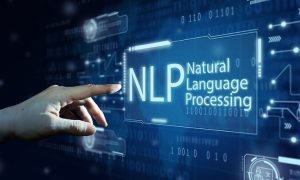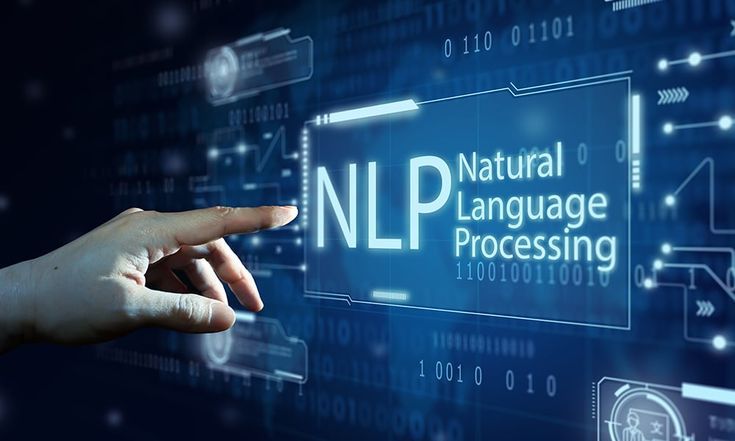The Efficiency of Call Center Telesales Enhanced by Natural Language Processing (NLP)

In the modern business landscape, the fusion of traditional telesales with cutting-edge technologies such as Natural Language Processing (NLP) has revolutionized the call center industry. This combination not only enhances the efficiency of telesales operations but also significantly improves customer experiences and sales outcomes.
The Role of Telesales in Call Centers
Telesales has been a cornerstone of call center operations for decades, serving as a direct and effective channel for reaching potential customers, nurturing leads, and closing sales. Traditional telesales agents rely on scripts, training, and their intuition to interact with customers. However, this approach can be time-consuming, inconsistent, and prone to human error. The advent of NLP technologies addresses these challenges, transforming telesales into a more efficient and reliable operation.
Enhancing Efficiency with NLP
NLP, a subset of artificial intelligence, focuses on the interaction between computers and human language. By leveraging NLP, call centers can automate and optimize various aspects of telesales, leading to significant efficiency gains:
1. Automated Call Routing and Handling:
NLP can analyze the content and context of incoming calls, enabling automated systems to route calls to the most appropriate agents based on their expertise. This reduces wait times and ensures that customers are connected with the right representatives swiftly.
2. Script Optimization:
NLP can analyze successful calls to identify patterns and phrases that resonate well with customers. These insights can be used to optimize call scripts, making them more effective and tailored to specific customer segments.
3. Sentiment Analysis:
During calls, NLP can evaluate the emotional tone of the customer’s voice, providing real-time feedback to agents. This allows agents to adjust their approach dynamically, ensuring more empathetic and effective interactions.
4. Lead Scoring and Prioritization:
NLP algorithms can analyze customer interactions and other data to score leads based on their likelihood to convert. This helps telesales teams prioritize high-potential leads, maximizing their chances of success.
5. Real-Time Assistance and Training:
NLP-powered tools can provide real-time assistance to agents during calls, suggesting responses, offering relevant information, and guiding conversations. This support can significantly reduce training time for new agents and improve the performance of existing ones.
Improved Customer Experience
Beyond enhancing operational efficiency, the integration of NLP in telesales also elevates the customer experience:
1. Personalized Interactions:
NLP enables call centers to gather and analyze customer data, allowing agents to offer personalized recommendations and solutions. Customers feel valued and understood, leading to higher satisfaction and loyalty.
2. Faster Issue Resolution:
With NLP, call centers can quickly identify and address customer issues, reducing resolution times. Automated systems can handle routine inquiries, freeing up agents to focus on more complex cases.
3. Consistency and Accuracy:
NLP ensures that information provided to customers is accurate and consistent. This minimizes misunderstandings and builds trust between the customer and the company.
Case Studies and Success Stories
Several companies have successfully implemented NLP in their call center telesales operations, witnessing remarkable improvements:
– Company A reported a 30% increase in sales conversions after integrating NLP-driven lead scoring and prioritization.
– Company B achieved a 40% reduction in average handling time by utilizing NLP for real-time assistance and script optimization.
– Company C saw a significant boost in customer satisfaction scores through personalized interactions facilitated by NLP.
Challenges and Considerations
While the benefits of integrating NLP into call center telesales are clear, there are challenges to consider:
1. Data Privacy and Security:
Handling customer data responsibly and ensuring compliance with data protection regulations is crucial.
2. Implementation Costs:
Initial setup and integration of NLP technologies can be costly. However, the long-term benefits often outweigh the initial investment.
3. Continuous Improvement:
NLP systems require continuous monitoring and updating to remain effective. Companies need to invest in ongoing training and development.
Conclusion
The integration of NLP in call center telesales represents a significant leap forward in terms of efficiency and customer satisfaction. By automating routine tasks, optimizing agent performance, and personalizing customer interactions, NLP transforms traditional telesales into a powerful tool for driving business success. As technology continues to evolve, the potential for NLP to further enhance call center operations is immense, promising even greater efficiency and better customer experiences in the future.


Leave a Reply